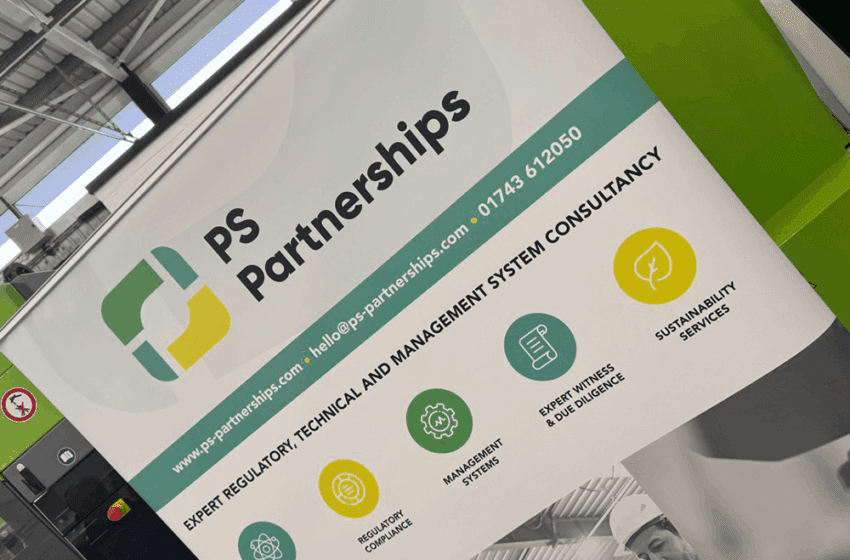
PS Partnerships Blog // Understanding Accreditation and Certification for Your Business
|
Getting your Trinity Audio player ready...
|
Certification and accreditation are often used interchangeably, but they mean different things and knowing the difference can help your business stand out. In this blog, Suzanne Johnston, PS Partnerships Founder and Director, breaks down what each term really means, why both are important, and how they impact industry standards and credibility.
What’s the difference and does it matter?
The short answer is YES, but let me explain.
Having worked on a large number of varied sites carrying out internal audits, gap assessments and training, the one thing I’ve noticed is the misuse of the terms accreditation and certification. While the terms are often used interchangeably, they mean very different things.
So do you know the difference?
Certification: proving you meet a standard. This is the process by which an organisation, product or individual demonstrates that they comply with a specific standard. It is usually issued by a third-party certification body after an audit or assessment process. For example, a medical device company certified to ISO 13485:2016 has been evaluated and found to meet the requirements of the ISO 13485 standard for quality management systems for medical devices.
On the other hand…
Accreditation: Proving the certifier is qualified. This is the process by which a certification body (e.g. BSI, SGS, LRQA) is recognised as competent to carry out certification. It’s essentially a stamp of approval for the certifier. A certification body is accredited by the International Accreditation Forum (IAF) or a national accreditation body such as UKAS (United Kingdom) or ANAB (USA).
Certification proves your business meets a standard. Accreditation proves the certifier is qualified to assess you. Together, they build trust in both your organisation and the processes used to evaluate it.
But why get certified in the first place?
ISO (International Organisation for Standardisation) certifications are among the most widely recognised certifications globally. They cover everything from quality management (ISO 9001) and environmental responsibility (ISO 14001) to information security (ISO/IEC 27001) and occupational health and safety (ISO 45001).
Achieving ISO certification typically involves refining internal processes, clarifying responsibilities, and documenting procedures. This can result in reduced waste, fewer errors, and better overall performance, therefore improving efficiency and processes: Improving productivity and enhancing reputation.
In many industries, ISO certification is a prerequisite for bidding on contracts or entering certain markets. It can be a powerful differentiator that opens doors to new business opportunities, for example ISO 13485 for companies wanting to enter the medical device market.
Investing in ISO certifications can deliver tangible and intangible benefits — from operational improvements and enhanced customer satisfaction to a stronger position in the market. In an increasingly quality-conscious world, it’s a key part of your short to long term growth plan.
And don’t forget, there are other certification schemes which may be relevant to your business. EcoVadis, BCorp, BRCGS – they all add value to your business. In today’s competitive and compliance-driven landscape, quality assurance and trust are critical. Whether you’re a small start-up or a large enterprise, proving your credibility can give you a serious edge.
That’s where certification comes into play. With many years of experience of the ISO standards and certification, PS Partnerships are here to support you through the process – from staff training, choosing and liaising with the certification body (the accreditor), system design, implementation, continuous improvement and compliance.
Want to know more, get in touch at suzanne@ps-partnerships.com.
Read more news from PS Partnerships here.
PS Partnerships
01743 612050
Website
Email





